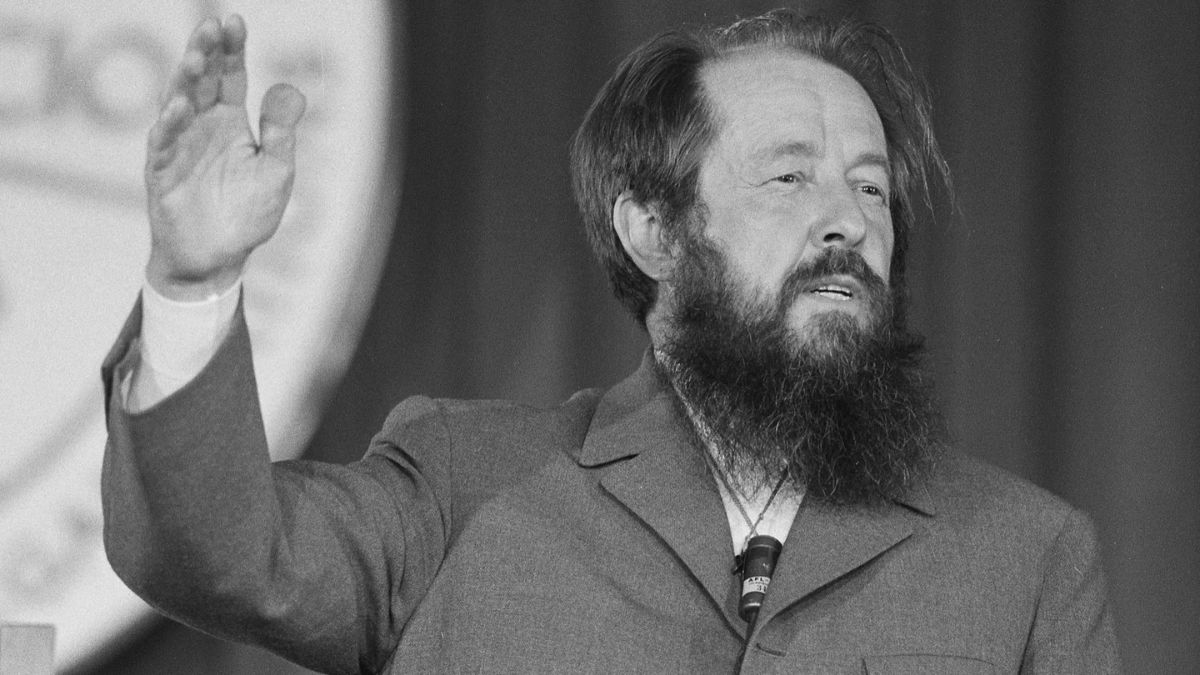

Christian Worldview
Why Did Jesus Die?
QUESTION OF THE WEEK: With The Passion of the Christ opening Ash Wednesday (February 25), we revisit the question: Why was it necessary for Jesus to die? Read Chuck Colson’s response below, taken from Answers to Your Kids' Questions (and find links to articles about The Passion of the Christ under Recommended Resources): We began answering this question in the series on the problem of evil. [See the “Worldview for Parents” installments that ran January 30- March 13, 2003.] Jesus—God incarnate—“gave Himself” (Galatians 1:4; Ephesians 5:25) to bridge the gap and provide salvation for fallen, sinful humanity. In His death Christ took our sin on Himself: “For God made Christ, who never sinned, to be the offering for our sin, so that we could be made right with God through Christ” (2 Corinthians 5:21, NLT). Let me quote a bit more from the apostle Paul: “All have sinned and fall short of the glory of God, and are justified [put right] freely by His grace through the redemption that came by Christ Jesus” (Romans 3:23-24). Verse 26 says He “justifies [those] who [have] faith in Jesus.” We are asked to respond to the gift God gave us in Jesus’ death and resurrection, to accept the truth of these events, and to call out to Jesus for His forgiveness and presence within our life. To understand the response God asks of us, let’s consider the scene of the Crucifixion itself. It presents us with five different kinds of people representing every possible response to Jesus. Each of us has to choose what kind of person he or she wants to be. We can be like the guards who were casting lots for Jesus’ clothes. A lot of people are trying to see what they can get from God. Then there are those who laugh and sneer—like the leaders who mocked Jesus: “If you are the Christ, get yourself down off the cross.” A lot of the world mocks Jesus today. Most of the people at the execution watched with their hands in their pockets and did nothing. They’re the saddest people of all. One can understand the people who were trying to get Jesus’ clothes, and one can understand the mockers, but I can’t understand the third kind of people, the ones who just stood by and watched, not caring as the Son of God was crucified for them. There are two other kinds of people—represented by the thieves who died alongside Jesus. The first thief said to Jesus, “Aren’t you the Christ? Save yourself and us!” (Luke 23:39). That’s a universal human prayer: “God, get me out of here.” But that first thief didn’t understand what the second thief understood. The second thief answered back: “No! Jesus is innocent, but we are getting what we deserve.” This is one of the purest expressions of repentance in all Scripture. The Greek word for repentance is metanoia, which means “a change of mind.” Repentance is the process by which we see ourselves, day by day, as we really are: sinful, needy, dependent people, and God as He is: awesome, majestic, and holy. This thief’s dying words to Jesus, “Remember me,” are the classic statement of faith (Luke 23:42). With simplicity and power this man repented and believed. He died trusting in Christ and in the place Jesus promised him in paradise. Jesus died for our sins—whether we are thieves on a cross or students in school. His death paid the debt we owe so that we do not have to face eternal death. He died so that we can choose life. For God so loved the world that he gave his one and only Son, that whoever believes in him shall not perish but have eternal life. For God did not send his Son into the world to condemn the world, but to save the world through Him.—John 3:16-17
08/15/07















